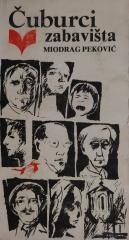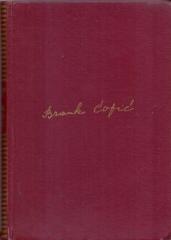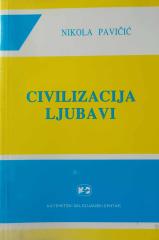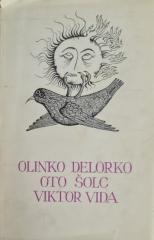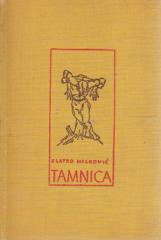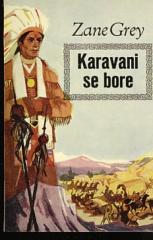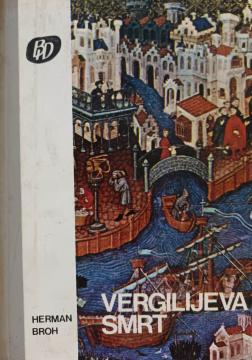
Vergilijeva smrt
Vergilijeva smrt (1945.) je najpoznatije djelo Hermanna Brocha. Roman prati posljednje dane rimskog pjesnika Publija Vergilija Mara, koji teško bolestan putuje iz Atine u Brundisijum, gdje stiže na rođendan cara Augusta 19. godine n.e.
Radnja se odvija u posljednjih osamnaest sati Vergilijeva života, obuzetog groznicom i slutnjom smrti. Roman je podijeljen u četiri poglavlja, svako odgovarajući jednom dijelu dana: dolazak brodom, šetnja kroz sirotinjsku četvrt, razgovor s carem Avgustom i konačna smrt.
Vergilije, teško bolestan melanholijom, leži na nosilima usred mase putnika simbola kaosa i prolaznosti. Liječnik Charondas vidi bolest kao stvaralačku silu. U palači, kroz tok svijesti – "jedinu lirsku pjesmu" – pjesnik očajava: Eneida nije autentična umjetnost, već kompromis s carskom ideologijom. Želi uništiti rukopis, ali Avgust ga odvraća, ističući njegovu ulogu u stabilizaciji Carstva.
Filozofski dijalog s carem otkriva dualizam: umjetnost traži istinu i transcendentno, moć – red i laž. Broch istražuje egzistencijalnu krizu umjetnika u prelaznom dobu (pagansko ka hrišćanskom), melanholiju kao put ka prosvjetljenju i sukob titanskog s dionizijskim.
Na samrti, vizija majke i djeteta – predslik hrišćanstva – oslobađa Vergilija. Umire u ekstazi, prihvaćajući smrt.Hibridni žanr – povijesni roman, lirska poema – gust je simbolima, inspiriran Joyceom. Projektira Brochovu krizu u egzilu: potragu za smislom usred kaosa. Izazovno, duboko djelo o autentičnosti i etici stvaralaštva.
Jedan primjerak je u ponudi
- Tragovi patine
- Potpis prethodnog vlasnika
